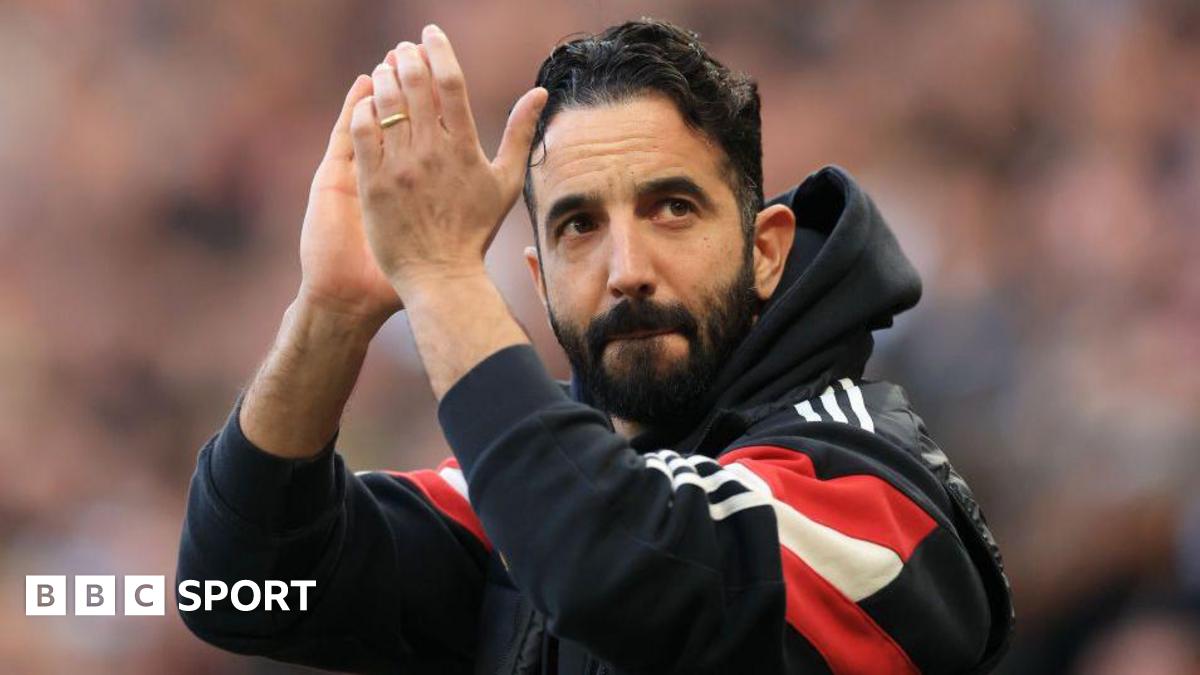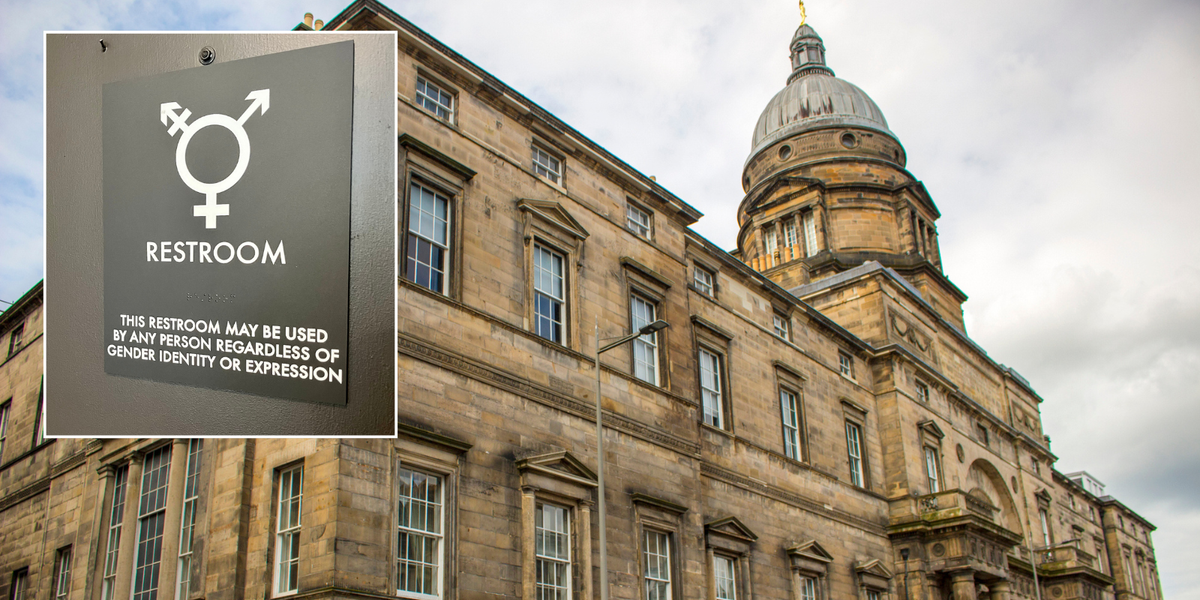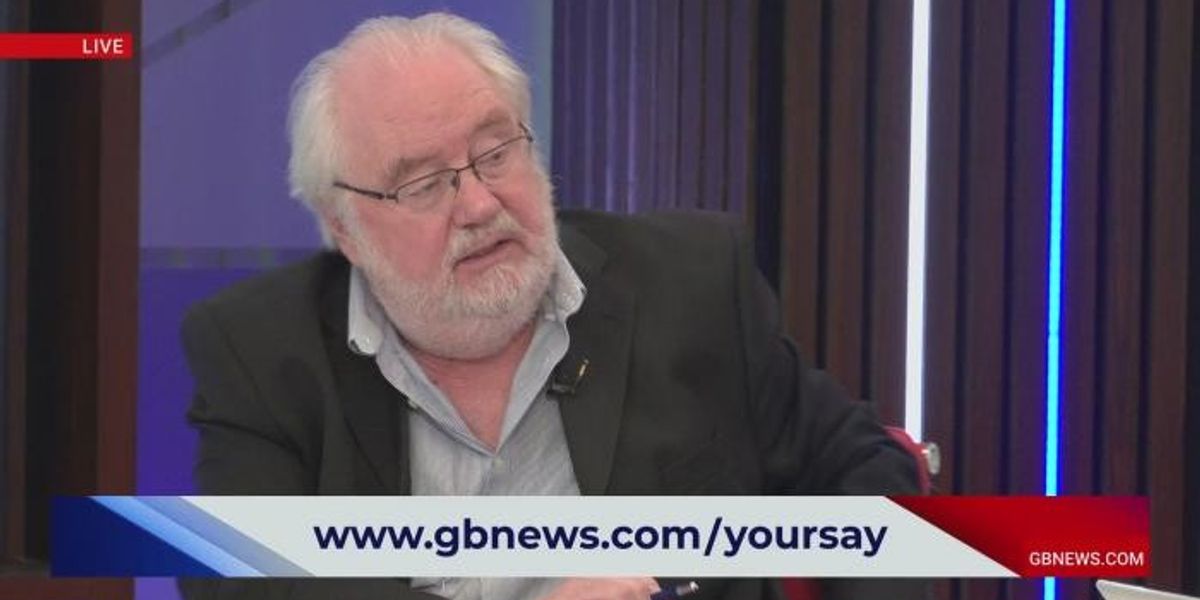The subtext to all this – implicit rather than explicit – was that with so much political instability among Britain’s traditional allies on both sides of the Atlantic, the government was keen to revive and reset – to use Mr Lammy’s favoured phrase – its relations with other allies. And India is the biggest prize.
He said Britain’s relationship with India had been “underperforming” but both countries’ interests were aligned on many issues. He said the UK must cooperate with India “in this tough, geopolitically-challenging time”.
For Indian ministers, Mr Lammy’s trip was seen as good moment to invest in a British government that may be in power for some time.
It was also a chance to refocus the UK on the possibility of a trade deal between the two countries – which India hopes would force the UK to relax its visa regime for Indian students and business professionals.
They clearly welcomed the fact Mr Lammy had made an early visit, and had brought a plane-load of tech entrepreneurs with him.
Away from the economics, there was also some unstated politics.
India has just lost in Rishi Sunak a British prime minister of Asian origin with close family links to the country.
Labour was aware of that, and wanted to fill the gap quickly.
The Jeremy Corbyn era is also still fresh is some Indian minds, and Mr Lammy’s early trip will come as some reassurance.
This trip to the subcontinent was hot and humid. Mr Lammy’s suit was too dark and thick. But the great-grandson of a lady from Calcutta will probably think it was worth the sweat in diplomatic gain.









